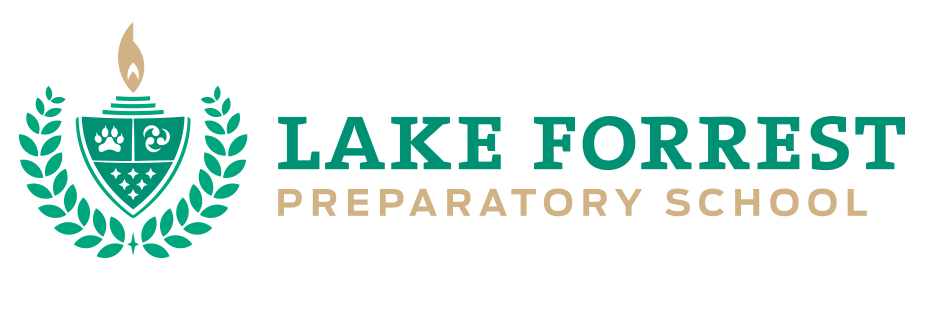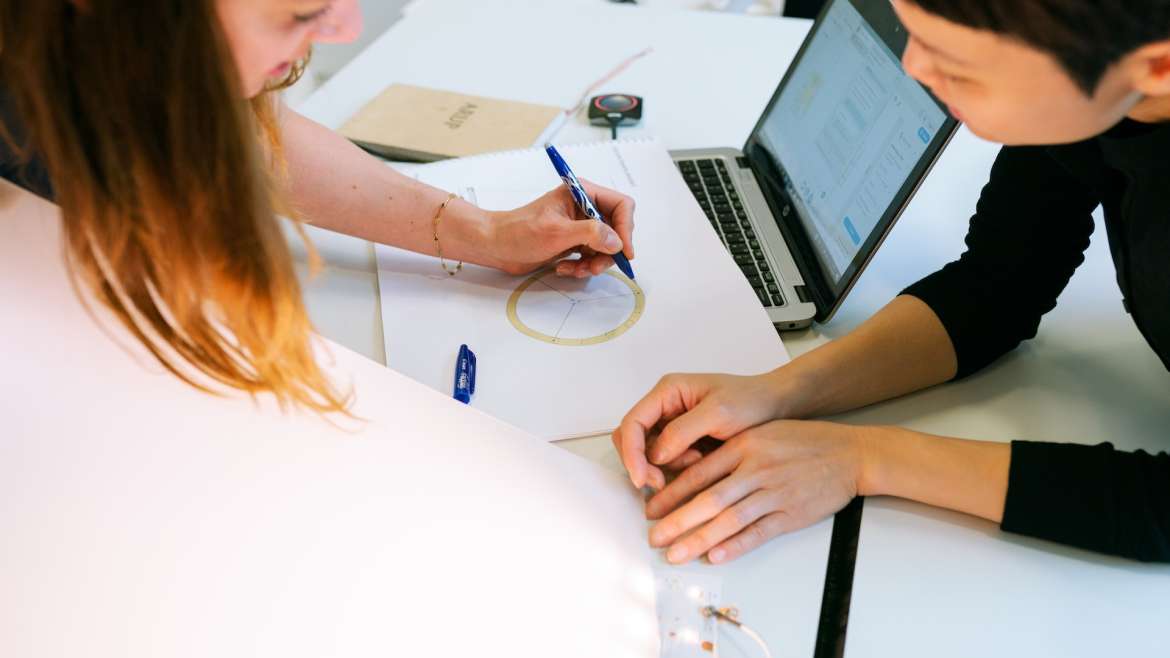Science is an exciting subject that allows children to explore and understand the world around them. However, some students may find it challenging to grasp scientific concepts and struggle with their science coursework. As a parent, there are steps you can take to support them and help them thrive in science – even if you don’t feel confident in the subject yourself. In this blog post, we will explore some strategies and tips to assist your child if they are having difficulties with science.
Ask Your Child Why They Think It’s Hard
Kids can quickly give up a task they think is challenging because they don’t feel like doing it. Science (like other tricky subjects) can be one of the first points of interest to get tossed to the side. When your child tells you “this is hard,” ask them what they’re struggling with and what makes it hard. It’s important to note: don’t do the work for them. Sometimes asking questions about the material can unlock things they recall from class.
Communicate with the Teacher
Reach out to your child’s science teacher to gain insights into their specific challenges. Teachers can provide valuable feedback on your child’s strengths and weaknesses, and suggest specific resources or strategies to address their struggles. Maintaining open lines of communication will enable you to work together as a team to support your child’s learning.
Encourage Curiosity
Foster your child’s natural curiosity by engaging in scientific discussions and activities outside of the classroom. Encourage them to ask questions, conduct simple experiments, and explore science-related topics that interest them. This hands-on approach can ignite their passion for science and make learning more enjoyable.
Break It Down
Science can sometimes be overwhelming due to its complexity. Help your child by breaking down scientific concepts into smaller, more manageable parts. Encourage them to focus on understanding the basic principles before moving on to more advanced topics. Visual aids, diagrams, and real-life examples can also help simplify complex ideas.
Provide Additional Resources
Supplement your child’s learning by providing them with age-appropriate science resources such as books, videos, and interactive websites. Look for materials that present scientific concepts in a relatable and engaging manner. These resources can reinforce classroom lessons and offer different perspectives on the subject.
Hands-On Experiments
Science comes alive through hands-on experiments and exploration. Encourage your child to participate in science experiments at home using simple materials. This hands-on approach can help solidify scientific concepts and make learning more tangible and memorable.
Seek Tutoring or Extra Help
If your child continues to struggle despite your efforts, consider enrolling them in a science tutoring program or seeking additional help from their teacher. Tutoring can provide personalized attention and support tailored to your child’s specific needs, allowing them to build confidence and improve their understanding of the subject.
Emphasize Critical Thinking
Science is about more than memorizing facts; it’s about developing critical thinking skills. Encourage your child to analyze problems, ask probing questions, and think critically about scientific phenomena. Engage them in discussions where they can apply scientific concepts to real-world situations.
Foster a Growth Mindset
Some children see struggle as a negative thing, but having a “growth mindset” and positive attitude can help them foster curiosity. Encourage them to embrace challenges and view mistakes as learning opportunities. Talk about scientific discoveries that were made through accident or by engineers who had to go through iterations of tools before coming up with something that worked. By nurturing a growth mindset, your child will be more resilient and motivated to overcome obstacles in science and beyond!
At Lake Forrest Prep, we know how critical a foundation of science and STEM are to students. We also understand that children learn in unique ways. If you’re looking for a space where your child feels heard and connected with — no matter the subject — schedule a tour with us.


